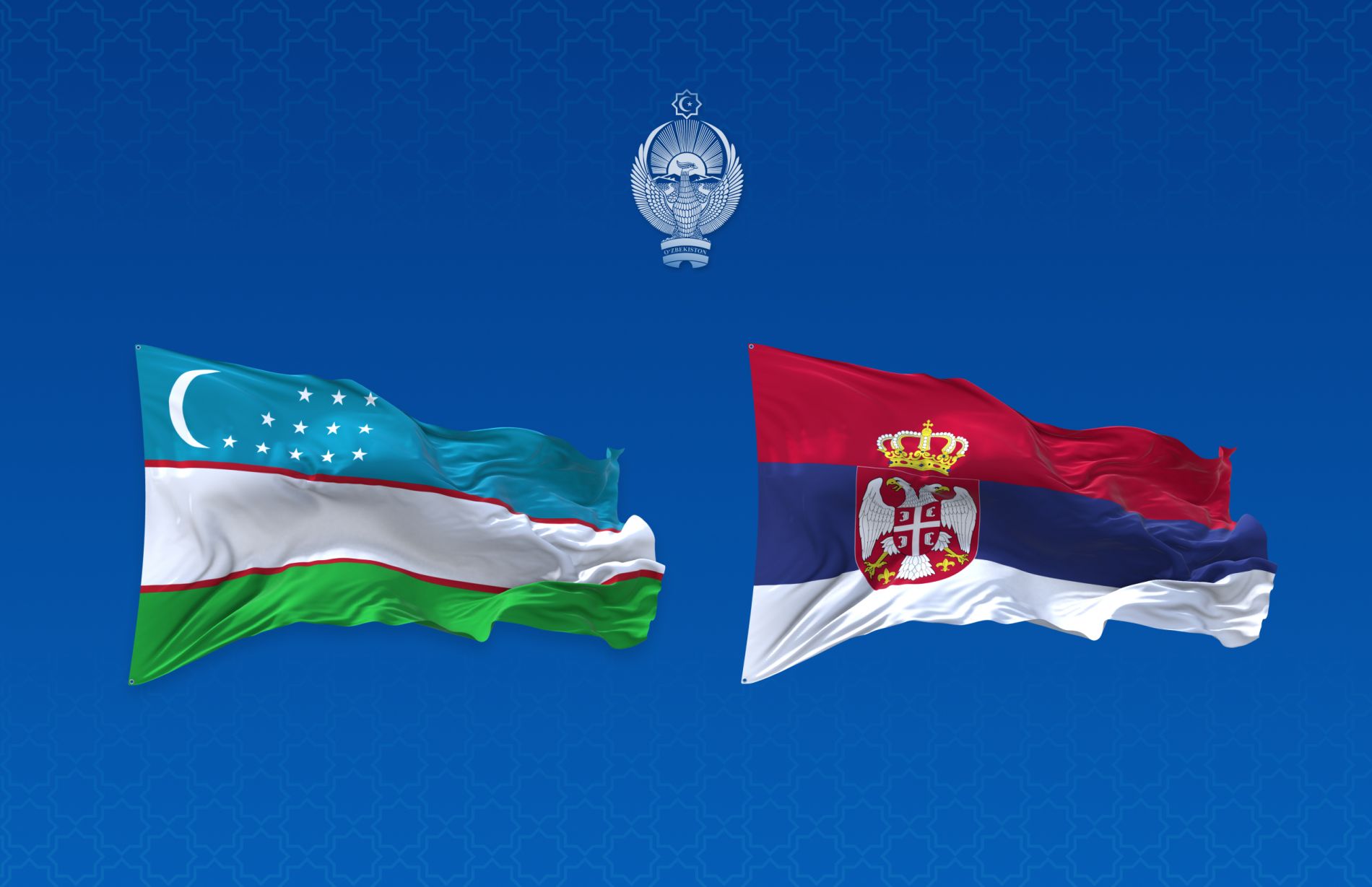Economic cooperation between the two nations is steadily
accelerating. Bilateral trade has surpassed $5 million, nearly
doubling the level recorded in 2019. Serbia exports a range of
products to Uzbekistan, including construction and finishing
materials, furniture, chemicals, marble, grain, and agricultural
goods. In return, Uzbekistan supplies cotton yarn, textiles, and
legumes to Serbia. While trade volumes remain modest, it continues
to demonstrate consistent and positive growth.
The growing mutual interest reflects Tashkent’s new economic
policy, focused on market diversification and establishing
production chains with European partners. For Belgrade, Uzbekistan
serves as a gateway to Central Asian markets, where investment and
infrastructure initiatives are expanding.
In July 2025, the ministers of investment and trade of both
countries discussed the creation of an intergovernmental commission
on economic cooperation and the preparation of a trade and economic
cooperation agreement. Key priorities include industry,
agriculture, logistics, energy, and pharmaceuticals. The parties
are also exploring measures for mutual investment protection and
tax regulation to improve business transparency.
“We see great opportunities to expand our economic partnership
and are ready to give it a practical dimension,” said Uzbekistan’s
Minister of Foreign Affairs, Bakhtiyor Saidov, during a phone
conversation with Serbia’s First Deputy Prime Minister and Minister
of Foreign Affairs.
Agriculture is receiving particular focus in the discussions.
According to Serbia’s Ministry of Agriculture, Forestry, and Water
Management, concrete measures are being explored to enhance
bilateral cooperation in the agricultural sector. These include the
exchange of expertise, the implementation of advanced irrigation
technologies, and the expansion of trade in agri-food products.
Collaborative projects in this area align with Uzbekistan’s broader
strategy of promoting sustainable and environmentally conscious
production, where Serbia can offer valuable expertise in technology
and agricultural machinery.
The humanitarian dimension remains an important part of the
agenda. Discussions include expanding academic programs, organizing
cultural events, and establishing direct air links between Tashkent
and Belgrade. Cooperation in education and culture is viewed as a
tool to strengthen mutual understanding between the peoples of the
two countries.
Labor migration constitutes a separate area of cooperation.
While only 57 Uzbek citizens received work visas for Serbia in
2020, this number exceeded 1,000 in 2023. Demand for Uzbek
specialists is growing amid Serbia’s labor shortages. A new
migration agreement planned by the two sides is expected to provide
a legal framework to protect migrant workers and expand their
employment opportunities.
The upcoming visit will focus on strengthening partnerships in
key sectors such as engineering, agro-industry, pharmaceuticals,
information technology, digitalization, tourism, and other
strategic areas. Discussions will also cover organized labor
migration, cultural-humanitarian and educational cooperation, and
exchange of views on pressing international issues. A package of
bilateral agreements is expected to be signed following the
negotiations.
President Vučić’s visit to Tashkent offers Serbia a strategic
opportunity to bolster its influence in Central Asia, a region
witnessing the emergence of new trade and cooperation pathways. For
Uzbekistan, the visit underscores its commitment to diversifying
foreign relations, strengthening ties with European nations, and
attracting investments from diverse sources. The upcoming meeting
in Tashkent may mark the beginning of a shift toward a long-term
partnership between Uzbekistan and Serbia, grounded in mutual trust
and shared interests.







